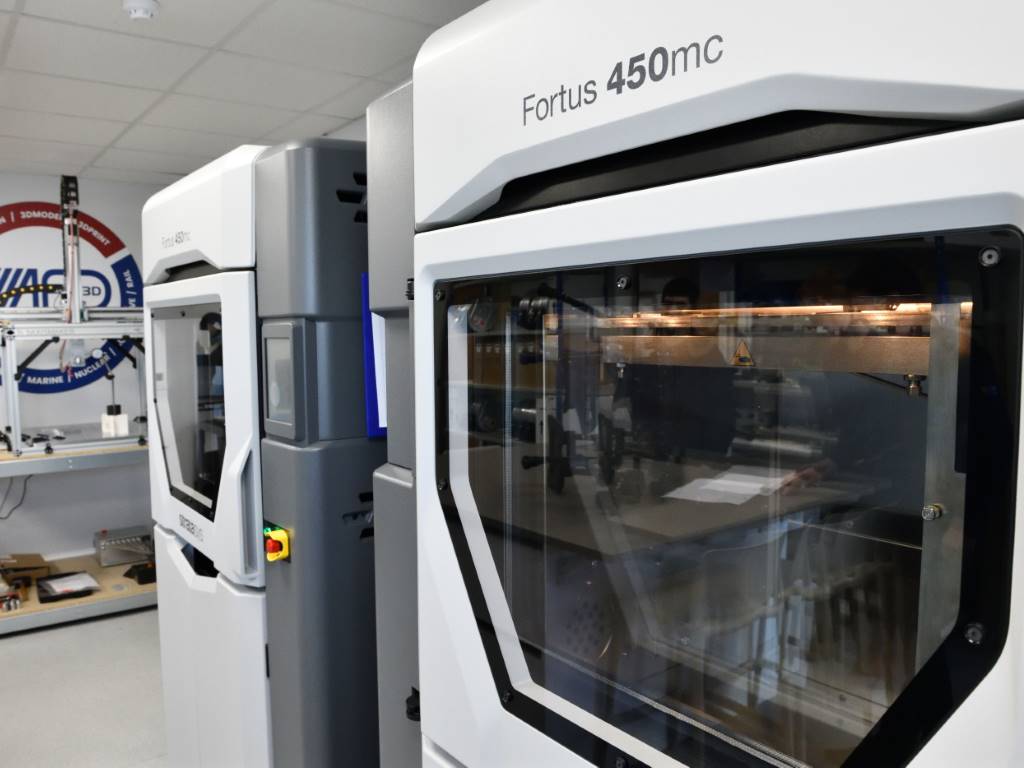A new generation of composites
A collaborative research team from the University of Bristol and Imperial College London have been awarded a grant to develop a new generation of fibre reinforced polymer composites.
Existing fibre-reinforced polymer composites are known for their high strength and stiffness, but if the material fails it can be catastrophic and happen with little warning. A collaborative research team have been awarded a grant to develop a new generation of high performance, fibre reinforced polymer composites to overcome this key limitation.
The team from the University of Bristol's Advanced Composites Centre for Innovation and Science and The Composites Centre at Imperial College London have been awarded a £6 million six-year programme grant by EPSRC. The aim of the project is to create a new generation of high performance, ductile fibre reinforced polymer composites capable of sustaining large deformations without breaking.
The team is led by Professor Michael Wisnom at the University of Bristol and Professor Alexander Bismarck at Imperial College London, and supported by partners including BAE Systems, Hexcel and Rolls-Royce among others.
Advanced composites, based on carbon, glass and aramid fibres, are a vital low weight material technology that also offer operational savings and extended service lifetimes. These materials are being implemented in rapidly increasing volumes, with the UK supply of advanced composite systems currently around £1.6 billion per year and growing rapidly.
“Conventional polymer matrix composites offer high strength and stiffness, low weight and low susceptibility to fatigue and corrosion, and we are witnessing a rapid expansionof their use in aerospace and other applications,” begins Professor Wisnom, director of ACCIS. “Despite this progress, a fundamental limitation of current composites is their inherent brittleness. Failure can be sudden and catastrophic, with little warning or residual load carrying capacity.”
According to Professor Bismarck, high performance ductile composites will enable robust panels, which dent without significant loss in performance, and super-light, complex structures which indicate an overload by significant deformation but continue to support load without catastrophic failure.
“Such materials will provide greater reliability and safety, together with reduced design and maintenance requirements and longer service life,” he explains.
Ensuring materials are ductile will overcome reticence for their use in safety critical or damage vulnerable applications, thereby significantly increasing their attractiveness for mass-market applications. Also, the widespread use of high performance ductile composites could achieve a very significant reduction of up to 15% in the overall greenhouse gas contribution of transport.
To achieve such an ambitious outcome will require a concerted effort by the team to develop new constituents and exploit novel architectures, in order to obtain fracture toughness and ductility comparable to that of metals, and with considerably superior strength, stiffness and density. This programme grant will scope, prioritise, develop and combine these approaches, to achieve High Performance Ductile Composite Technology (HiPerDuCT).
The research programme team are the University of Bristol: Professor Michael Wisnom, Professor Ian Bond, Professor Kevin Potter and Professor Paul Weaver and Imperial College London: Professor Alexander Bismarck, Professor Milo Shaffer, Dr Paul Robinson and Dr Joachim Steinke.
For further details about the EPSRC grant entitled ‘HiPerDuCT - High Performance Ductile Composite Technology', contact Professor Michael Wisnom, email m.wisnom@bristol.ac.uk or Professor Alexander Bismarck, email a.bismarck@imperial.ac.uk.
www.bristol.ac.uk
www.imperial.ac.uk
www.epsrc.ac.uk












